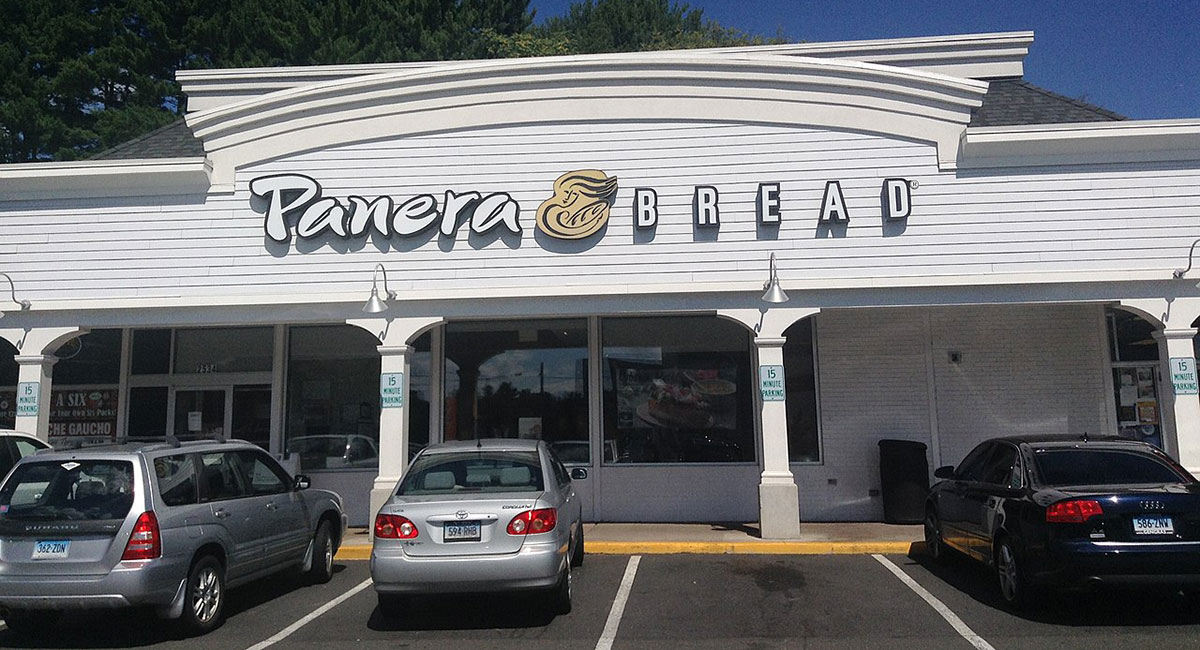In 2019, California businesses faced nearly 400,000 regulations, almost three times as many as the average state. Today that number is almost certainly higher, perhaps much higher, as new regulations are added every year and few, if any, are retired. As California businesses increasingly relocate to other states, business owners cite regulatory burdens as one of the most important reasons why they leave.
The most damaging regulations are those that are implemented largely for political reasons, either passed as payoffs to important political supporters or including carve-outs so political supporters are exempted from regulations.
One example came to light last week when Bloomberg broke a story about California’s 2023 Assembly Bill (AB) 1228, which requires that fast-food franchisees pay a minimum wage of $20 per hour, but which provides a peculiar, one-off exemption to fast-food restaurants that include an onsite bakery and that sell bread as a stand-alone item. AB 1228 replaced a much more onerous fast-food regulation, AB 257, which was signed into law in 2022 and placed virtually all aspects of labor relations within fast- food outlets under the purview of a politically appointed regulatory council.
The political angle reported by Bloomberg is that AB 1228’s bakery exemption was to have included the fast-food restaurant Panera Bread. Billionaire Greg Flynn, a significant political donor to Gavin Newsom, owns 24 Panera franchises in California.
Flynn’s donations to Newsom include $100,000 to Newsom’s 2021 recall campaign and $64,000 to Newsom’s 2022 reelection campaign. Flynn, whose Flynn Restaurant Group is considered the largest owner of restaurant franchises in the country, had a business relationship with Newsom in 2014 and is known to be able to reach Newsom by text messaging.
Before the 2022 regulation was signed into law, Flynn had complained about Panera’s profit margins dropping and met with Newsom’s staff to argue that restaurants such as Panera should not be considered as “fast food” within the context of such a regulation. Flynn has been a powerful critic of regulating fast food. In a Capitol Weekly piece, he argued forcefully, and correctly, that the 2022 legislation would significantly damage business franchising within the state.
Following the Bloomberg story, Flynn stated he never spoke about the bakery exemption to Newsom. And Newsom called the Bloomberg story “absurd.” However, the Bloomberg story reports that a person familiar with the negotiations behind the legislation confirmed that the bakery exemption was needed to gain Newsom’s support: “The rationale was the governor’s longstanding relationship with a Panera franchisee, the person said.” KCRA, the NBC news affiliate in Sacramento, stated in its own story that “multiple sources told [the station] that the governor pushed for the exemption . . . with Flynn’s influence.”
Thus far, there is no alternative explanation for the bakery carve-out, which was such a unicorn that it was identified by reporters when the legislation was signed. How peculiar is the regulation? It is not just that the fast-food outlet has a bakery. Croissants don’t seem to count. Nor do donuts, or many other baked goods. It must be leavened bread. When one reporter asked Newsom about the bakery exemption during the bill-signing ceremony, Newsom brusquely replied that it was “part of the sausage making.” Sausage making indeed.
Since the Bloomberg story hit, something even more peculiar than the bakery carve-out has emerged. State lawyers and Newsom are now claiming that Panera is ineligible for the bakery exemption. Why? Because even though Panera bakes leavened bread on site and sells it as a stand-alone item, Panera’s dough is produced off site and delivered to each Panera restaurant. Suddenly, the law’s goal posts seemed to have been moved, and conveniently so for the state.
This strikes me as an obvious, ex-post cover, because there is every understanding that Panera was indeed exempted from the law when it was signed. The text of the law says absolutely nothing about where the dough is produced.
Perhaps the most telling aspect of this revisionism is that there may be no franchisee that is exempt under the law. The production of dough off site is an obvious component of a franchise model that helps franchisees manage their costs by reducing complexity and the amount of bakery space and number of workers that are needed.
I know of no fast-food franchise in which what is sold is made from scratch. McDonald’s franchisees don’t hand-cut their french fries. Taco Bell’s tortillas aren’t produced on site. Burger King’s hamburgers are delivered to each franchise preformed and frozen. So, just who will benefit from “the sausage,” to put it in Newsom’s terms, if not Panera? And if no franchise is exempt, then why was the exemption placed in the law in the first place?
More broadly, California’s new fast-food restaurant regulation should never have been passed. Franchisees already face low margins and enormous competition hiring workers, with a worker turnover rate that exceeds 100 percent annually. The new fast-food minimum wage will reduce job opportunities for teens, immigrants, and those who want to work part time, as the fast-food industry will transition even faster to automation. Such revamping has recently included the adoption of automated deep frying, automated burger flipping, and automated order kiosks.
Just recently, 19 Republican California state senators and legislative assembly members wrote to state Attorney General Rob Bonta to request an investigation into AB 1228’s bakery exemption to assess whether it involves “pay for play” politics. I hope the media don’t accept the government’s ex-post revisionism and that they continue to follow this story, because it exposes just how politically elitist California’s regulatory process has become. Californians should know exactly how “the sausage” is made. If they do, perhaps they will choose to elect politicians who will be more committed to enhancing job creation and facilitating entrepreneurship.








